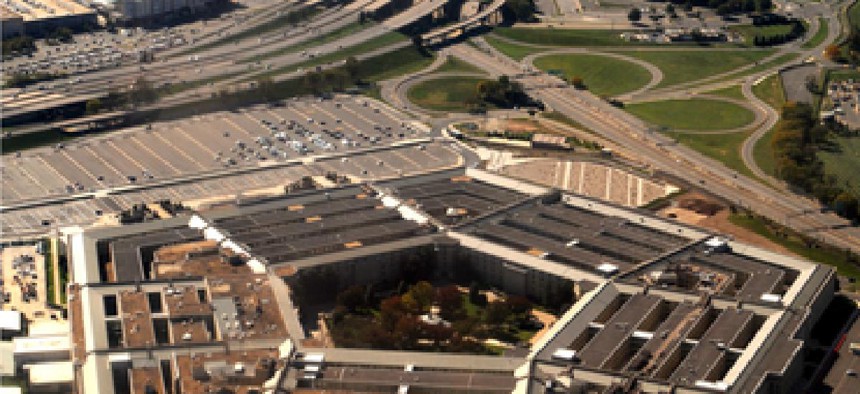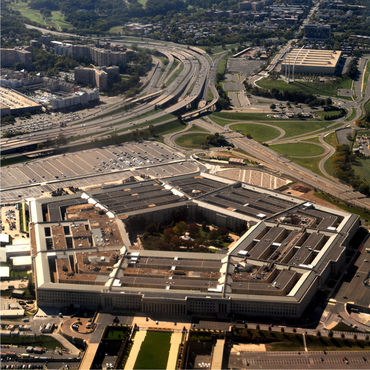DOD pushing ahead with AT&L split

The Department of Defense is moving forward with the congressionally mandated split of the Office of Acquisition, Technology and Logistics and will soon reveal details of its strategy.

The Obama administration and its Pentagon leadership vehemently opposed it, but the Department of Defense is now enthusiastically embracing the congressional mandate to break up the Office of Acquisition, Technology, and Logistics.
At a Senate hearing on defense innovation, Deputy Secretary of Defense Robert Work said that DOD will soon inform Congress of its plans and framework to divide AT&L into two new undersecretary offices for Research and Engineering and Acquisition and Sustainment.
"Under this new structure, the [undersecretary of defense for research and engineering] will be empowered to take suitable risks to achieve outcomes," Work stated in his written testimony to the Senate Appropriations Committee’s Defense Subcommittee.
"They will shed the risk-averse mantle of traditional acquisition and pursue innovative technology and concepts that can result in dramatic increases in capability and new ways to achieve mission objectives," he stated.
Work is a holdover from the Obama administration, which fought Congress over the requirement to split AT&L.
"The bill would create dysfunctional partitions across DOD's research, engineering, procurement, and sustainment systems that will make it harder to sustain the Department's improved performance," the Obama White House stated in May 2016.
But in the Senate hearing, Work said DOD is excited about the split, and it plans to complete the transition before the Feb. 1, 2018, deadline.
"This path to increased capability leverages the expertise within the Department of Defense and the broader Research and Engineering Enterprise to ensure that the U.S. military remains the pre-eminent fighting force in the world," Work stated in his testimony.
Work also hailed the Defense Innovation Unit Experimental, which has faced intense opposition from some on the House Armed Services Committee in particular. DIUx is still subject to funding restrictions in the 2017 National Defense Authorization Act.
"DIUx was an experiment, and we are very, very pleased with the outcome, and the more money…we can convince Congress to be able to put in this…the better," Work said.
He added that while the Senate Appropriations Committee has been supportive of DIUx, DOD is hoping to convince other congressional committees going forward that DIUx merits greater investment.
"They are able to scout for disruptive technologies among cutting-edge commercial companies that have not previously engaged with the Department or have not focused on national security," Work said in his written statement.
"Several of its projects are in the final phases of testing and close to transitioning to become programs of record -- the ultimate goal of DIUx's mission to bring commercial technology to the warfighter," he added.
William Roper, director of the Strategic Capabilities Office, added his support for DIUx, saying that the strategists in the SCO are constantly looking for new technologies to empower warfighters.
"So when we have an idea, of course we want to find the very best companies to work with us, so it makes sense for us to partner with an organization like DIUx," he said.
NEXT STORY: FCC honored again for cloud embrace


